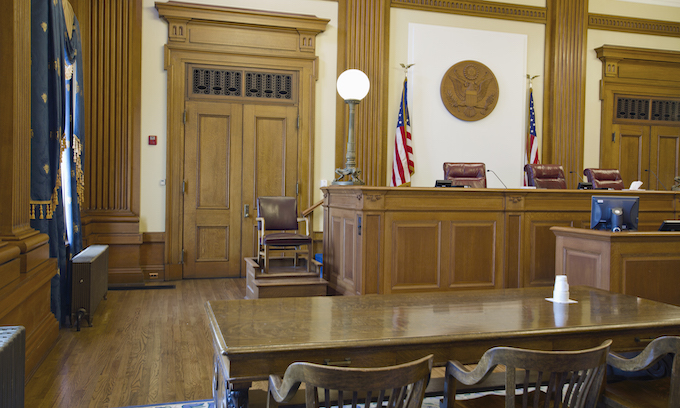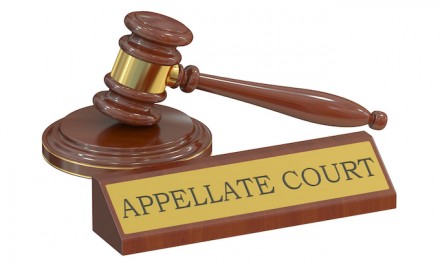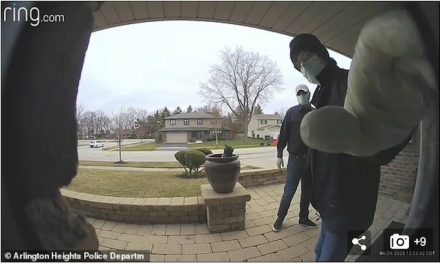The Colorado Supreme Court deliberated for less than a day before rejecting a call by the Colorado State Public Defender and other defense groups for “immediate” action to further depopulate jails and bolster safety protocols in the courts amid the spread of the new coronavirus.
The groups’ emergency petitions were filed Friday morning in a bid to address fears that jails and courts could become a “petri dish” for the fast-spreading disease.
The state’s top court rejected them later the same afternoon, according to copies of its orders, which the newspaper received Monday.
“It seems that the speed at which the court denied the petitions reflected, in our view, a serious underestimation of the risks that the people in courthouses and jails are facing,” said Maureen Cain, director of legislative policy and external communications for the State Public Defender.
The move signaled “a willingness to ignore that some jurisdictions are simply not protecting litigants,” she added.
Eighteenth Judicial District Attorney George Brauchler praised the court for deferring to local action by police, sheriffs and chief judges, who he said had been successful in drawing down jail population and taking other steps to protect people.
Brauchler called the petitions “unneeded, politically motivated actions that would have placed community safety at risk.”
The petitions would have mandated a “one-size-fits-all” approach instead of allowing local officials to craft policies based on circumstances in each county or judicial district, Brauchler said.
The petitions — one 50 pages and the other 45 — asked the state Supreme Court to create “a swift, unified and comprehensive response” to reduce the number of incarcerated people in Colorado and to bolster safety in courthouses.
They asked judges to exercise their discretion to curb new arrests, relax probation and parole requirements and implement new safety measures during court proceedings, including allowing for “all parties” to appear by telephone.
Rule 21 petitions seeks emergency action by the Colorado Supreme Court and are taken up at the court’s discretion. The Supreme Court could have adopted the recommendations or asked for more filings or schedule arguments.
Both petitions were denied “en banc,” meaning they didn’t receive enough votes by justices to be considered, Cain said.
Joining in the filings were the Colorado Criminal Defense Bar and the Office of Alternate Defense Counsel. The ACLU of Colorado was one of several organizations that signed on as interested parties. A similar coalition issued a call March 17 urging Gov. Jared Polis to take action to reduce the state’s population in jails and prisons.
“All the groups that were involved in this litigation are still very interested in pursuing any avenues available,” Cain said, mentioning federal lawsuits recently filed in Florida and Chicago addressing similar concerns.
___
(c)2020 The Gazette (Colorado Springs, Colo.)
Visit The Gazette (Colorado Springs, Colo.) at www.gazette.com
Distributed by Tribune Content Agency, LLC.
—-
This content is published through a licensing agreement with Acquire Media using its NewsEdge technology.



















Recent Comments